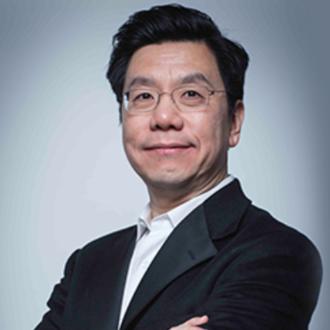- b1759030148citeerde uit2 jaar geleden
 AI spreads its tentacles into every aspect of economic life, the benefits will flow to these bastions of data and AI talent. PwC estimates that the United States and China are set to capture a full 70 percent of the $15.7 trillion that AI will add to the global economy by 2030, with China alone taking home $7 trillion. Other countries will be left to pick up the scraps, while these AI superpowers will boost productivity at home and harvest profits from markets around the globe. American companies will likely lay claim to many developed markets, and China’s AI juggernauts will have a better shot at winning over Southeast Asia, Africa, and the Middle East.
AI spreads its tentacles into every aspect of economic life, the benefits will flow to these bastions of data and AI talent. PwC estimates that the United States and China are set to capture a full 70 percent of the $15.7 trillion that AI will add to the global economy by 2030, with China alone taking home $7 trillion. Other countries will be left to pick up the scraps, while these AI superpowers will boost productivity at home and harvest profits from markets around the globe. American companies will likely lay claim to many developed markets, and China’s AI juggernauts will have a better shot at winning over Southeast Asia, Africa, and the Middle East.
I fear this process will exacerbate and significantly grow the divide between the AI haves and have-nots. While AI-rich countries rake in astounding profits, countries that haven’t crossed a certain technological and economic threshold will find themselves slipping backward and falling farther behind. With manufacturing and services increasingly done by intelligent machines located in the AI superpowers, developing countries will lose the one competitive edge that their predecessors used to kick-start development: low-wage factory labor.
fb2epub
Sleep je bestanden hiernaartoe
(maximaal 5 per keer)

